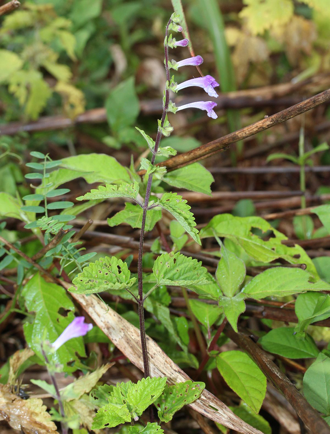
The Perfect Herb for Flu Season & Beyond
Skullcap (Scutellaria Lateriflora)
Skullcap is an herbaceous perennial flowering perennial plant from the mint family, Lamiaceae with ridged leaves and tiny flowers that can range in color from purple and blue to pink and white. The two-lobed flowers resemble the military helmets worn by early European settlers, hence the herb's name. A hardy plant, it grows 1 to 4 feet high, thriving in rich woods and moist thickets or swamplands of eastern North America. Now there are two different types of Skullcap, the American skullcap (Scutellaria lateriflora) and Chinese skullcap (Scutellaria baicalensis), with each treating different conditions.
American Skullcap:
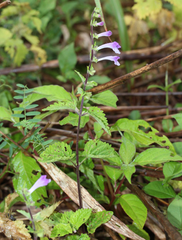
Chinese Skullcap:
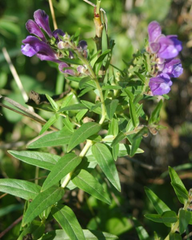
PARTS USED
The above ground parts of the plant, dried.
TYPICAL PREPARATIONS
Traditionally taken as a strong tea or tincture; can be used in capsule form. For a mild sedative, combine equal parts skullcap, hops and valerian root. This can be taken as a tea or tincture three times daily and a half hour before retiring for the evening.
FUNCTIONS
Skullcap is a comforting herb; traditionally used to alleviate nervous tension, exhaustion, trouble sleeping, (insomnia), anxiety, stroke, and paralysis caused by stroke (3). It is also used for fever, high cholesterol, “hardening of the arteries” (atherosclerosis), rabies (hence the nick name “Mad Dog”, epilepsy, nervous tension, allergies, skin infections, inflammations and spasms. Today we are going to discuss Skullcap for the use as a Nerve Tonic.
CALMS ANXIETY AS A NERVE TONIC
For more than two centuries, both Americans and Europeans have used American skullcap as a nerve tonic to help treat anxiety. Studies have shown that the plant contains “anxiolytic activity” in animals and humans (5).
Stress affects some brain-related diseases, such as anxiety, Alzheimer’s disease, depression and Parkinson’s disease, yet research indicates that bioactive compounds found in medicinal plants, such as skullcap, may neutralize and even eliminate toxic free radicals (6). When this occurs, stress is greatly reduced. Skullcap may provide significant antioxidant effects, which could make it a great option for reducing anxiety and promote emotional well-being and relaxation during times of occasional distress.
While skullcap may help with anxiety, it also can help those who experience insomnia and other sleeping problems, such as restlessness, muscle tension and clenching the jaws. A skullcap tea or tincture could be useful before bed to help you relax, ward off any anxiety and give you some well-deserved and much-needed sleep.
PRECAUTIONS
Specific: No known precautions.
General: Like all natural remedies, it’s best to take caution and do proper research before taking any herbal remedies. We recommend that you consult with a qualified healthcare practitioner or doctor before using herbal products, particularly if you are pregnant, nursing, or on any medications.
REFERENCES
- Medical Herbalism by David Hoffmann page 582
- http://www.ncbi.nlm.nih.gov/pubmed/12652886
- http://www.ncbi.nlm.nih.gov/pubmed?cmd=Retrieve&db=PubMed&list_uids=21222632
- https://draxe.com/natural-remedies-anxiety
- https://webmed.com
- https://en.wikipedia.org/wiki/Anxiolytic
- https://draxe.com/fighting-free-radical-damage

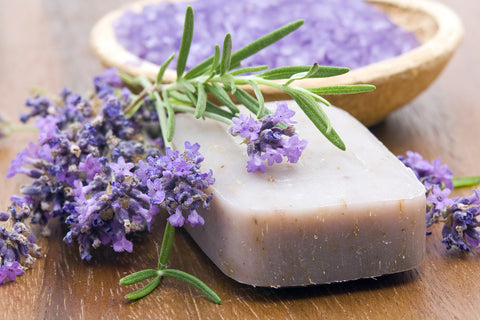
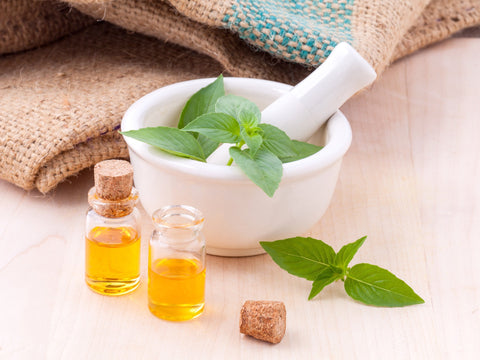
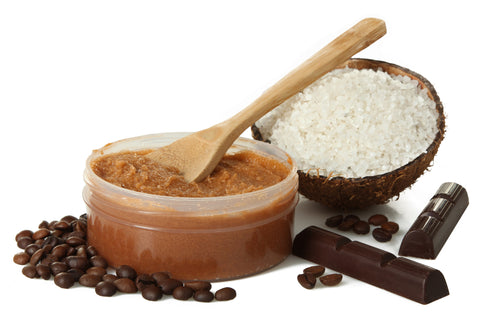

Thomas Wayne Kidd Sr.
This herb grows all over where I live. Mostly around creeks. Wondering if it would reduce fever?
ZRaKcqgefm
YcbtMEHCxudKT
ksUlvqMdWiLSF
HLenPkWfdGXlQ